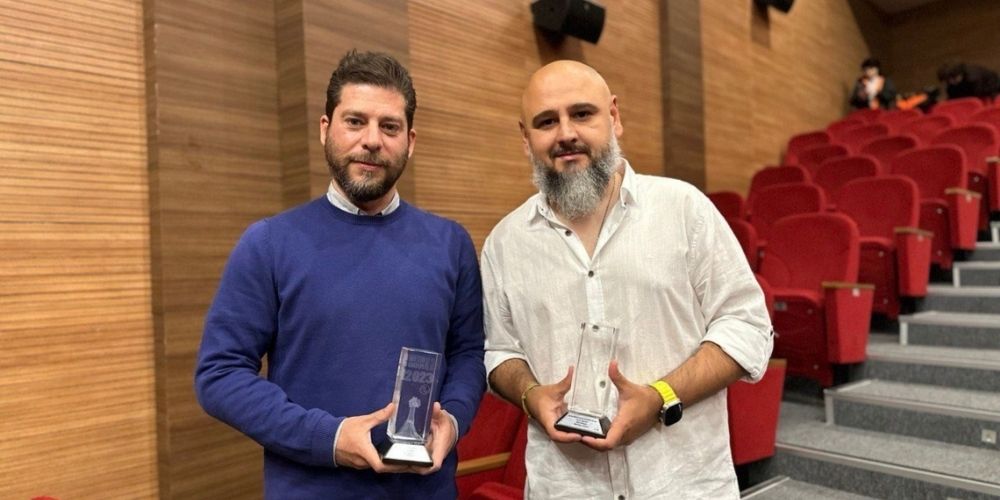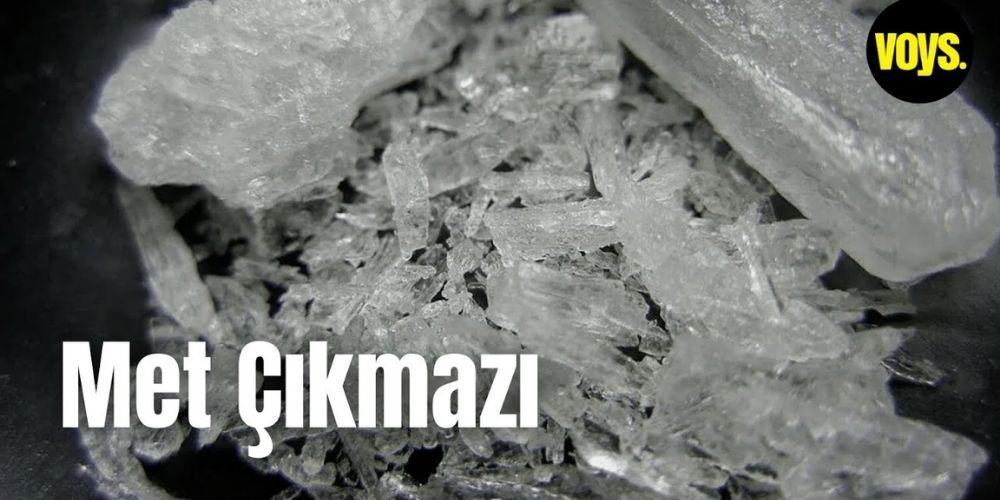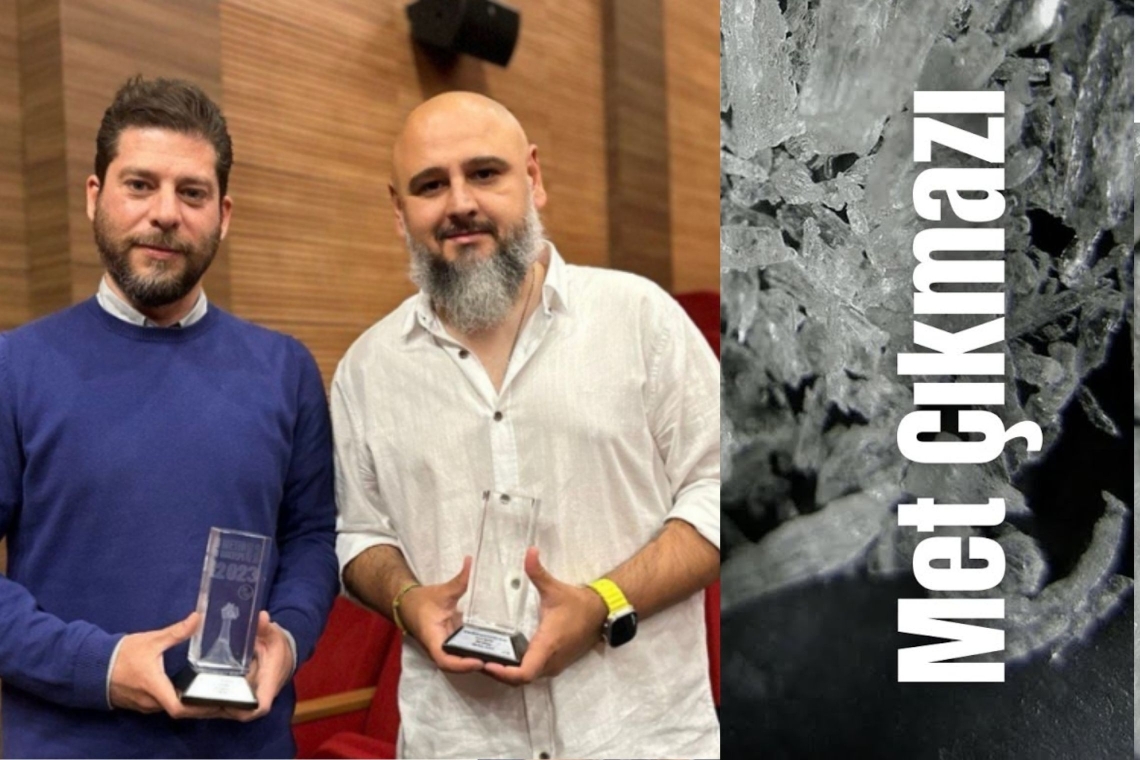Journalists Tunca Öğreten and Murat Baykara are facing charges over their documentary highlighting the issue of methamphetamine addiction in Turkey. The journalists are accused of "failing to report a crime," raising significant ethical questions about journalistic responsibilities and the protection of sources.
ELİF AKGÜL
The documentary, titled "Met Çıkmazı," was released on the YouTube channel Voys and explores the widespread use and accessibility of methamphetamine in Turkey. The indictment alleges that the journalists communicated with drug dealers, conducted interviews, and documented drug transactions without reporting these activities to the authorities, thus charging them with "failing to report a crime."

Tunca Öğreten defends actions
Tunca Öğreten stated, “If I have given a statement about this issue, a report has been made. But they got the wrong person.” This brings into focus the fundamental issue of how journalists should handle reporting on illegal activities while maintaining ethical standards.
According to Turkish law, specifically Article 12 of the Press Law, journalists are not required to disclose their sources or testify about them. This raises the question: Is it ethical for journalists to report individuals they interact with during their investigations to law enforcement and judicial authorities?
Ethical considerations
Media ombudsman Faruk Bildirici asserts that it is not ethical. Speaking to MLSA, Bildirici remarked, “The indictment reduces journalistic activity to the level of informant work, which is not appropriate. If journalists worked with the police, they would be police collaborators, which is unacceptable. By reporting their sources, journalists would violate the confidentiality they must maintain.”
The indictment suggests that prosecutors expect journalists to share their sources with authorities, which could have severe implications for journalistic integrity and the profession itself.
Düzkan: ‘It would make journalism impossible’
Ayşe Düzkan, a member of the DİSK Press Union Executive Board, emphasized that a journalist's primary responsibility is to protect the right to information and their sources. “If people knew they would be reported, they wouldn’t speak to journalists. This would make journalism impossible,” she said.
The root cause of this legal action, as suggested by Düzkan and others, seems to be an attempt to suppress reporting on a critical issue: the widespread use of methamphetamine in Turkey.

Methamphetamine use in Turkey
The 2023 Turkey Drug Report by the Ministry of Interior's Anti-Narcotics Department highlights a threefold increase in methamphetamine seizures in 2022 compared to the previous year, reflecting its widespread use. The report indicates that methamphetamine was the second most commonly used drug in both 2021 and 2022.
Recent operations, NARKOÇELİK 26, 27, and 28 in July 2024, seized 439.5 kg of methamphetamine, illustrating the scale of the problem. Critics argue that law enforcement should focus on tackling the drug issue rather than prosecuting journalists exposing it.
Defense and broader implications
Journalists’ lawyer Tuba Torun Erdoğdu claims that the root of the problem lies in state mechanisms' failure to address the drug crisis. “There is a significant failure, and journalists are highlighting this. That’s why they are angry,” she said.
Erol Önderoğlu, Turkey representative for Reporters Without Borders, added, “As journalists are criminalized, the issues they highlight are swept under the rug. This documentary shows how easy it is to access drugs. Instead of addressing this, authorities are targeting the journalists.”
Both Bildirici and Erdoğdu emphasize that the documentary itself serves as a public report. Bildirici points out that the documentary does not conceal locations where sales occur, fulfilling both public information and notification duties.
Erdoğdu concluded, “The real participation in the crime is treating this documentary as a product of crime.”
The trial of Öğreten and Baykara raises critical questions about the balance between ethical journalism and legal obligations, especially in a context where drug addiction is a significant societal issue.



